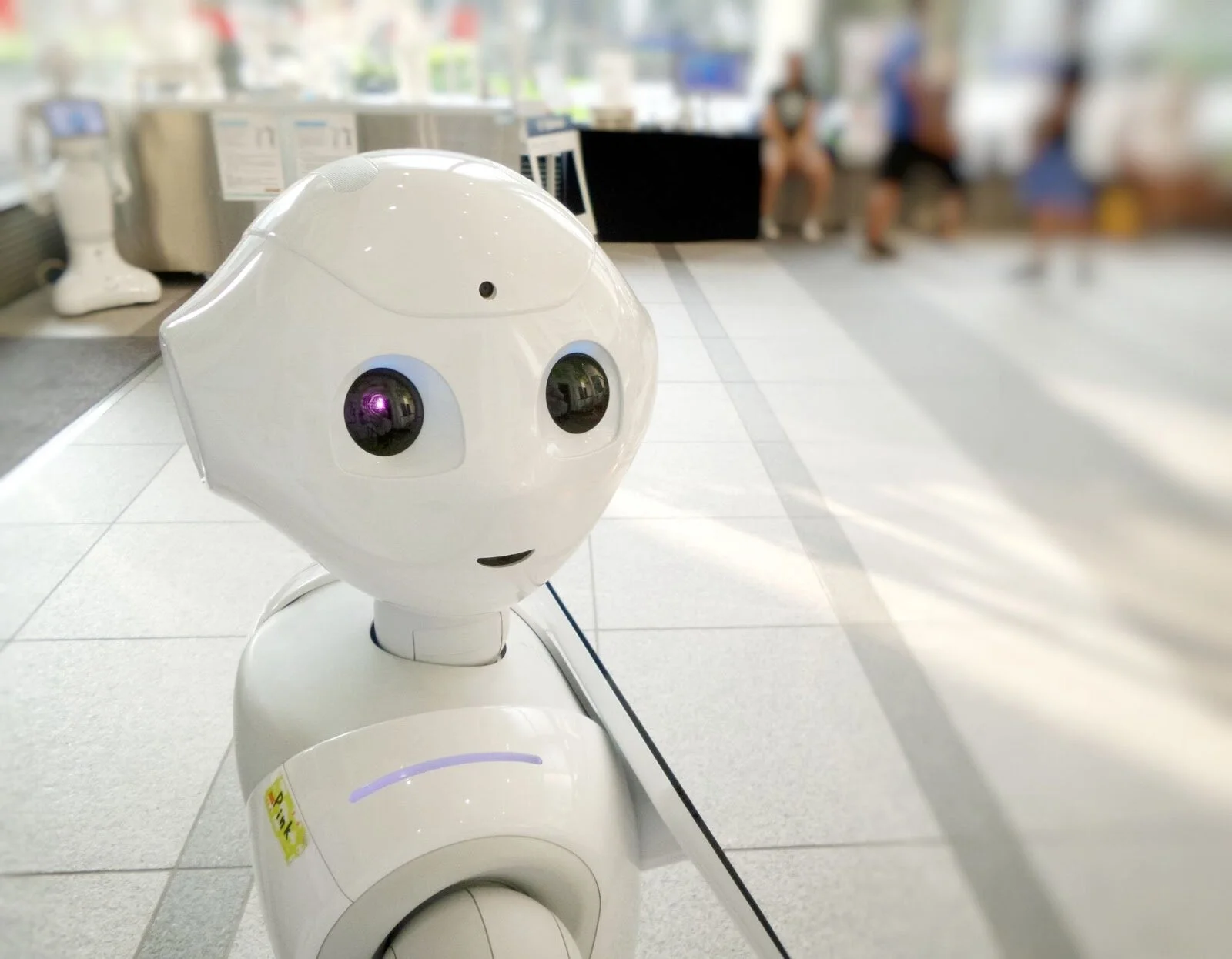Issue 74: AI is Hard
Welcome to Backstory, a weekly newsletter turning global technology shifts into a three-minute read. This week, we’re thinking about the role of artificial intelligence in education. – Mary Ames, Director of Strategy
THE BIG TAKE
AI is Hard
Artificial intelligence will transform humanity and the arch of history as we know it. The process has already begun. Despite its promise (and, perhaps, its peril), AI is not easy. That might sound like a straightforward assumption, but given the dramatic developments taking place in the AI space over the last decade, one renowned researcher decided to publish a new paper outlining just how hard AI is. In the new paper, Why AI is Harder Than We Think, Melanie Mitchell outlines four fallacies that AI researchers make that can lead to overconfidence about the capability of the technology.
The beauty of the brain: Without going into the depths of the scientific discussion in the paper, Mitchell has a couple of critical takeaways. For one, “AI is harder than we think because we are largely unconscious of the complexity of our thought processes.” Another point that she makes is that our brains exhibit many layers of embodied and contextual cognition that machines struggle to process. One fascinating example of this is how easily we can read text from various directions. This is the logic behind those “are you human” Captcha portals you encounter across the internet (See this incredible video from Vox about why Captcha portals are getting more difficult).
What’s next: Ok, so AI is hard. What does that mean for us? For one thing, it’s essential to understand the complexity involved in AI research. The UAE is one of the only countries globally with a Ministry of AI, and Mitchell’s arguments demonstrate why such a high-profile investment in the technology is needed. Another point is much more obvious but equally important. Because AI is so complex, the best way to find solutions is through early investments in education and AI research. There is the national strategy – embodied in the Ministry of AI – and smaller efforts like Alef Education, which focuses on education technology for K-12 students. Early investments in younger generations will ultimately prove to be the deciding factor in making AI easy and more manageable in the future.
QUOTE OF THE WEEK
“Some people worry that artificial intelligence will make us feel inferior, but then, anybody in his right mind should have an inferiority complex every time he looks at a flower."
– Alan Kay, computer scientist
OUR VIEWS THIS WEEK
The digital Dirham: Cryptocurrencies are booming, and so is talk of government-backed digital coins. This week, we turned our focus to government-backed digital currencies. Creating a state-backed digital currency is no easy task, but the potential return is hard to comprehend fully. With the right tools, human capital, and infrastructure, the UAE is poised to create a truly global digital currency that would entrench the country’s position as a hub of the emerging world. The time is right; it’s time to take the plunge.
The final frontier: You might have missed the flood of space news this month. The most historic news of recent days was the successful flight of Nasa’s Ingenuity Mars helicopter. As Nasa continues its historic mission to Mars, other space-related events have unfolded closer to home. The UAE’s ambitious space program is kicking into full gear with a raft of new developments. The UAE announced new astronauts, including a woman to the space program, a new date for its Moon rover, and plans to establish a city on Mars. We took a deep dive into the latest space news and explored how it will impact life at home.
A MESSAGE FROM DIGITAI
Artificial Intelligence can work for you. The pace of AI innovation is undeniable. With so many options to choose from, how can you be sure that you are making AI work for your needs? Discover what we’re doing at Digit Ai, a Xische company, to accelerate organizational capacity building that leverages AI and machine learning.
SPOTTED ELSEWHERE
China on Mars: What a year for Mars! We wrote about the red planet in a recent article, but news broke this week that the Chinese have successfully landed a rover on Mars. This is the first independent trek to Mars by the country and represents a significant development in human capabilities to explore neighboring planets in our solar system. The Zhurong rover will stay on the surface of Mars for at least the next three months studying the planet’s climate and geology. We can’t wait to see what comes next!
New kid on the block: Another issue that we have been following is the rise of cryptocurrencies. Many have seen Elon Musk’s recent reversal on accepting Bitcoin as a form of payment for Telsa vehicles because of environmental concerns of the digital currency. The decision is putting efforts to find environmentally sustainable digital currencies into hyperdrive. This will be a critical space for innovation in the coming months that we should all watch closely. In the meantime, Ars Technica has a great piece about how one hedge fund bought an old power plant to mine crypto and what the environmental effects were of the decision.
QUICK HITS
Microsoft is getting out of the blockchain business, for now.
We still don’t know where Covid-19 originated.
Can the human body regenerate lost limbs?














